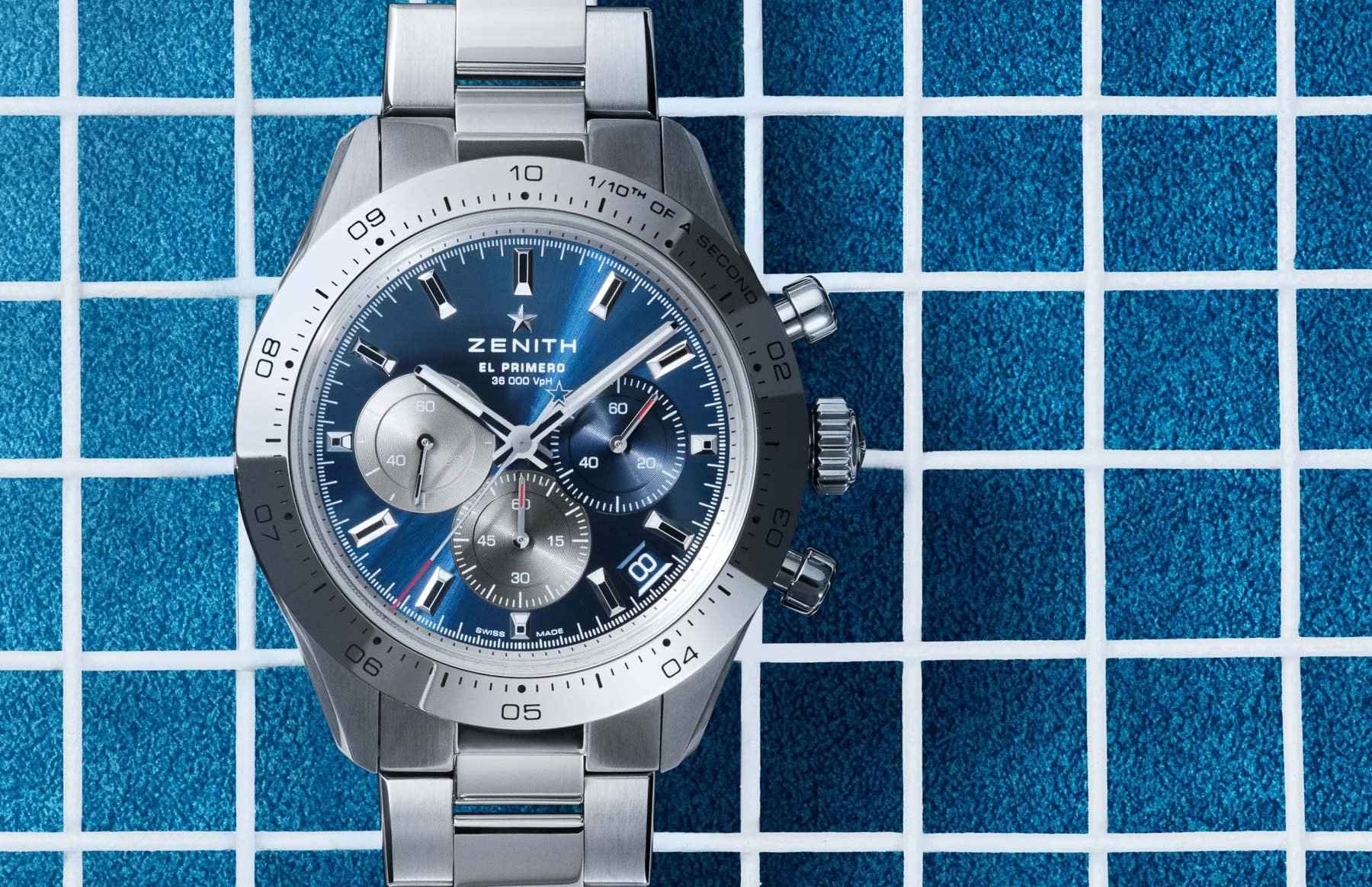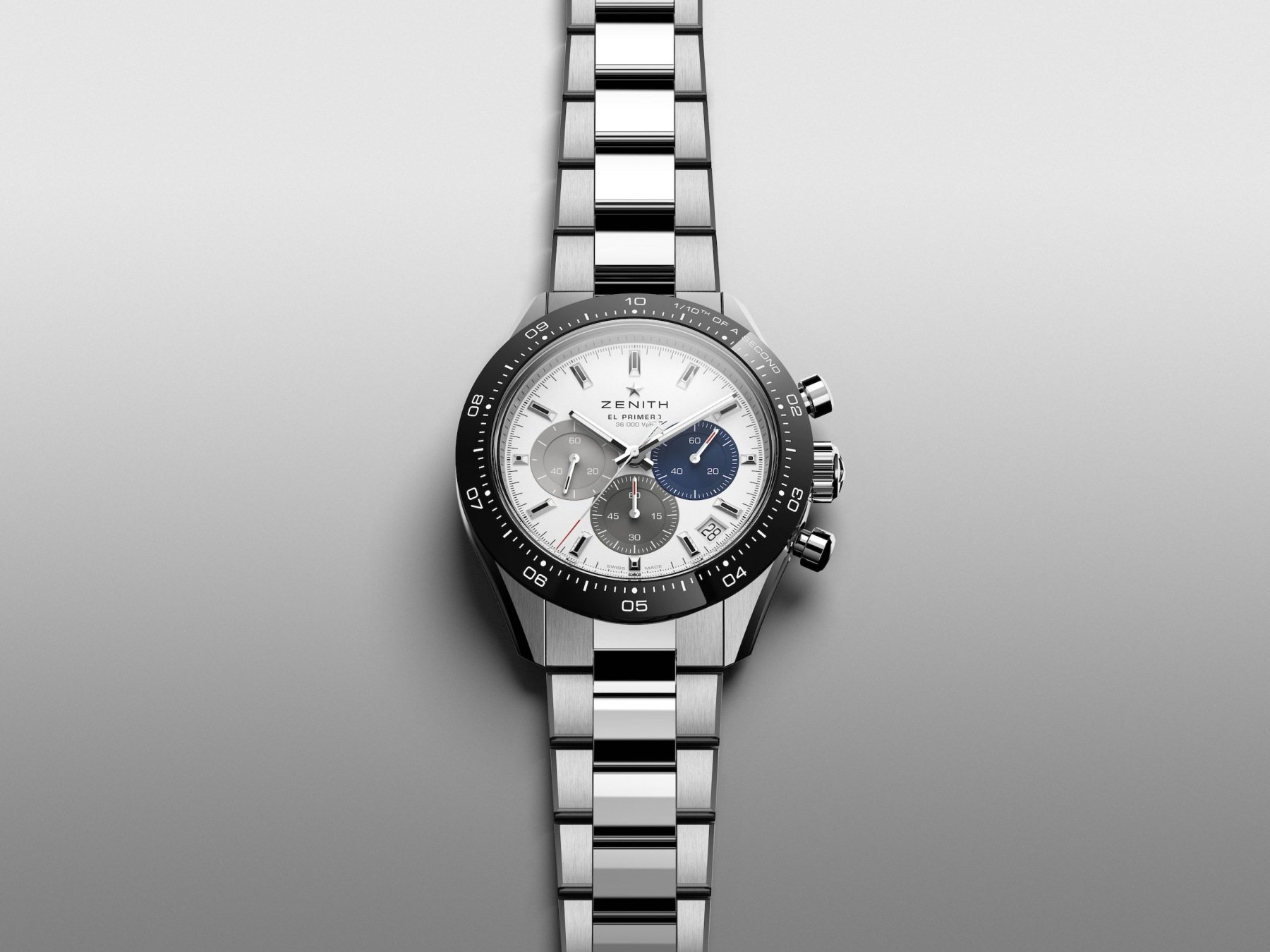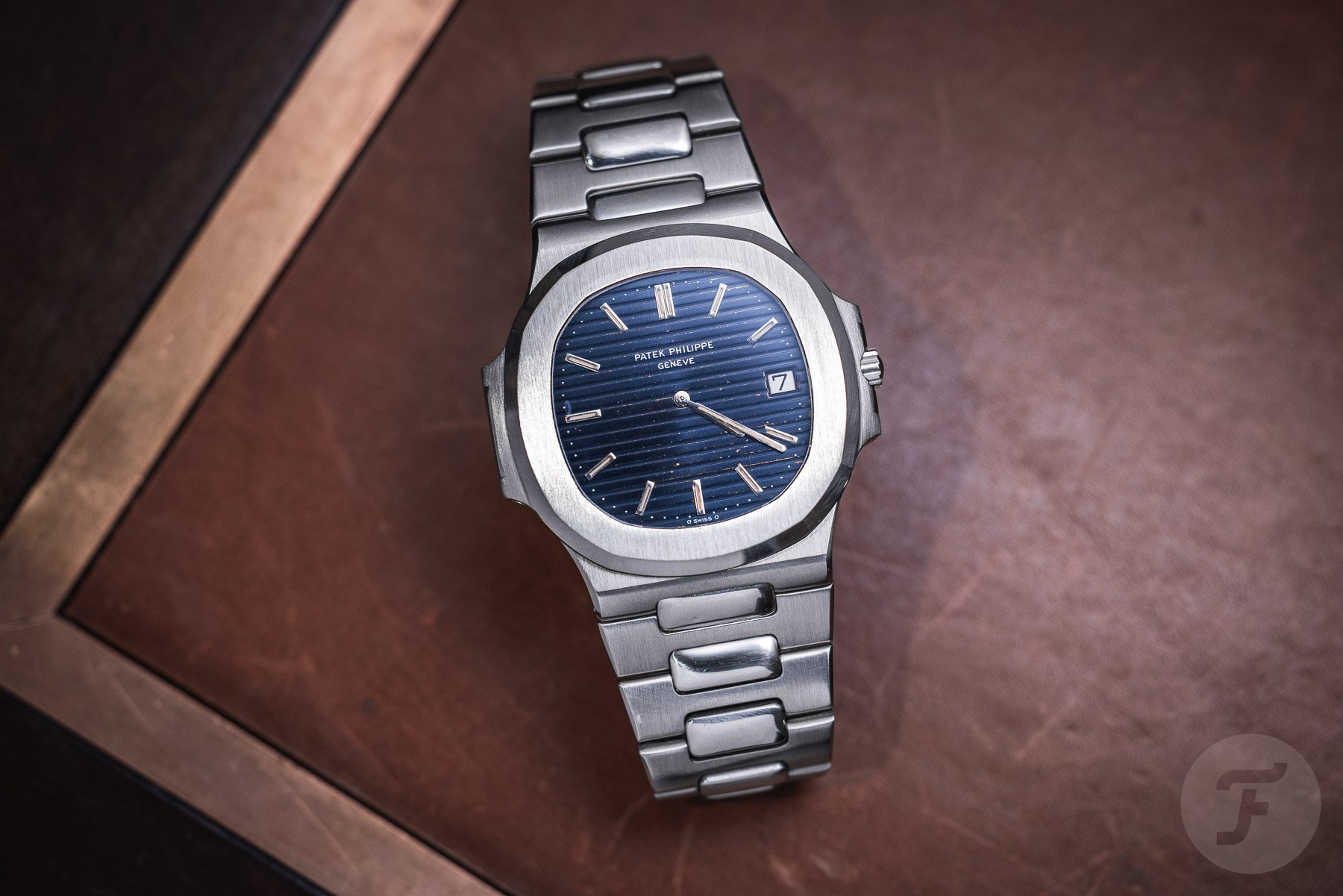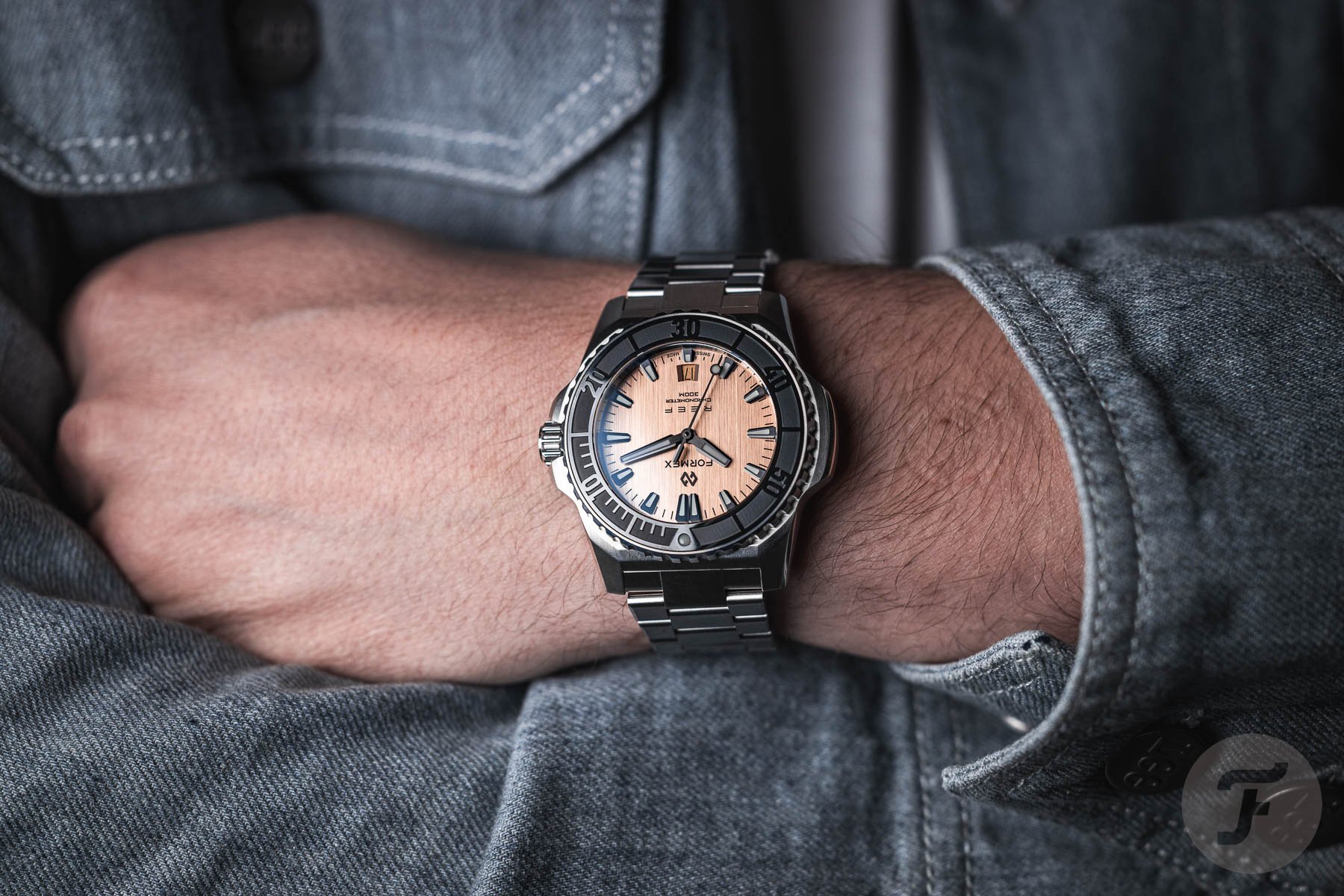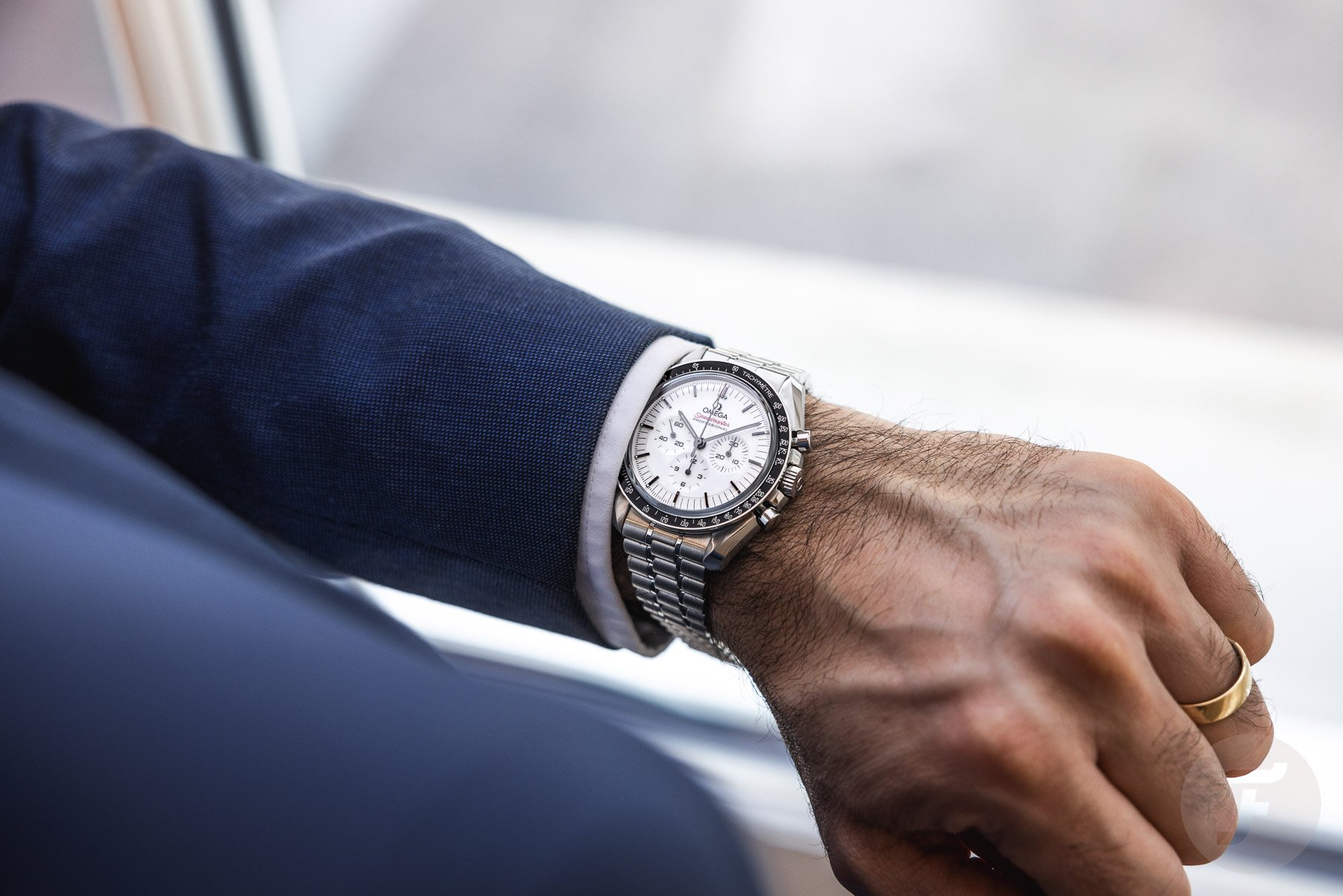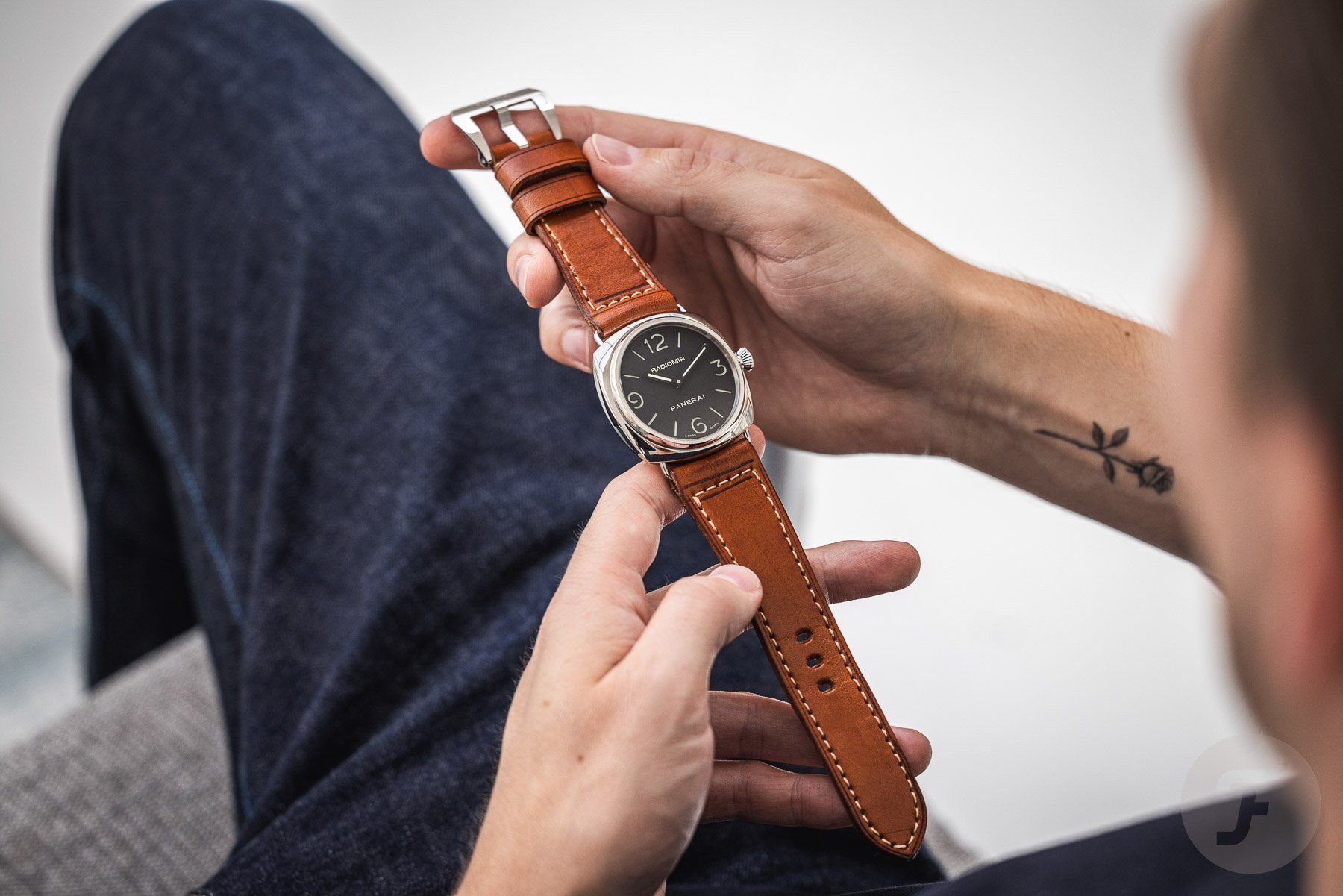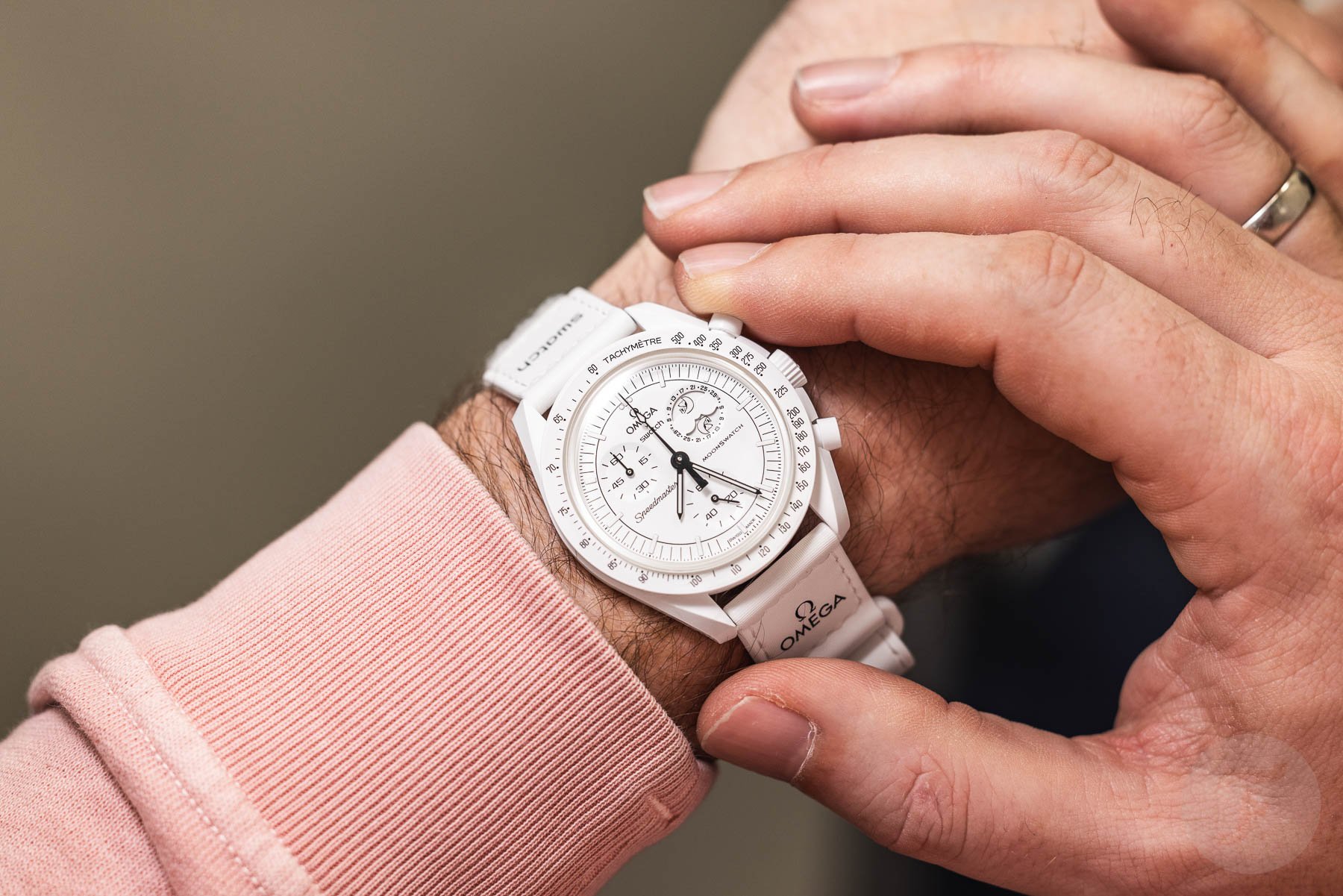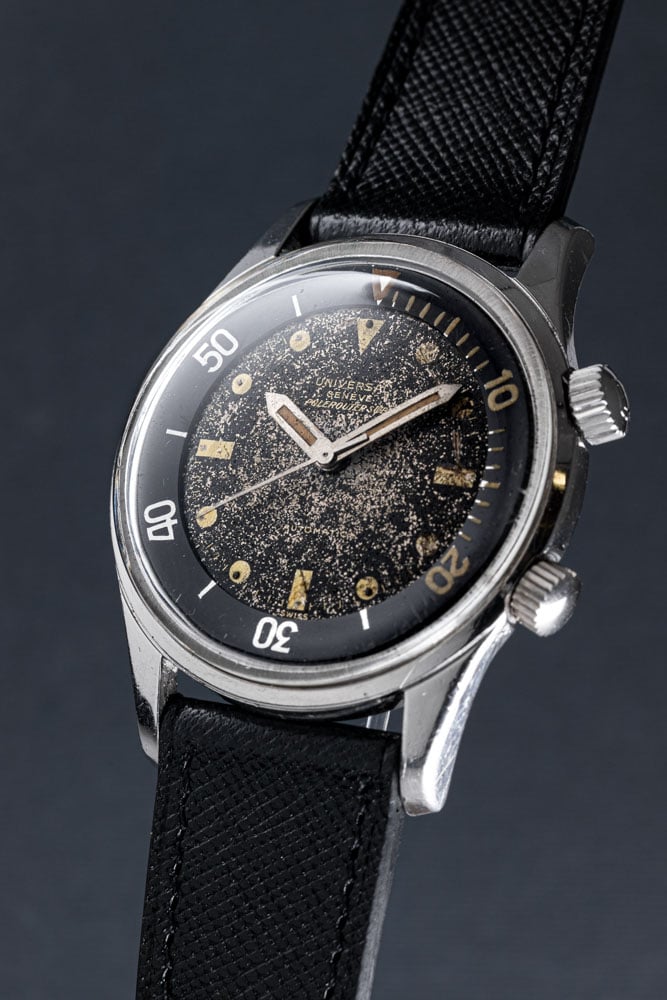Fantastic Fables: Are We Fooling Ourselves To Justify Liking Watches?
Ambrose Bierce published Fantastic Fables back in 1899. It is a bundle of short fairy tales, most of which are absurd and feature an ironic plot twist. This unique combination reminds me of our behavior as watch lovers. Just as Bierce wrote about a woman who shot her man dead to prevent him from leaving her, do we fabricate stories that may not be entirely watertight to justify our inexplicably irrational liking of specific watches? Could we be seeking a logical narrative where none is truly required?
Fantastic fables
So, what kind of fantastic fables am I referring to here? I think this is best illustrated with an example. The first that springs to mind is a fable surrounding the Zenith Chronomaster Sport. When it first came out in 2021, many of us felt it looked more than a little bit like a certain beloved chronograph with a crown logo on the dial. The aesthetic similarities were striking, and the timing, with the Rolex Daytona (oops! I said it) being virtually unobtainable, was spot on.
The Zenith Chronomaster Sport is a very good and attractive watch in its own right. Deservedly, it quickly gained fans among enthusiasts. But then we saw a fascinating fable emerge. Admirers of the Chronomaster Sport started explaining how Rolex used the Zenith El Primero caliber in its Daytonas, creating a historical bond between them. This is why it was completely justified for Zenith to create a watch that looks so similar. According to this narrative, the Daytona design is almost equal parts Rolex and Zenith.
Obviously, there is some absurdity in this line of argument. It isn’t blatantly untrue, but it is a bit of a leap that requires buying into. By this logic, Jaeger-LeCoultre could launch its own version of the Patek Philippe Nautilus ref. 3700 — oh, and a JLC version of the Cartier Tank. Imagine how that would be received. The thing is, there is no need for this justifying narrative. The Chronomaster Sport, although perhaps designed in the genre of the Daytona, has plenty of original features to appreciate. And even if it didn’t, you’d still be free to like it anyway.
We need fables
As a former consultant in subconscious consumer behavior, I love this stuff. I have written about it before, describing the role of the narrating self in situations like the above. We need some sort of rational justification for our behavior and even for our opinions. It is very uncomfortable to see ourselves as the fickle and irrational creatures we truly are. Thus, we surround ourselves with a cohesive story.
“I am a rational person. Therefore, I judge watches by their value for money and specifications. I will only buy a watch if it meets criteria x, y, and z”. I am not pointing fingers. Trust me, I have similar storylines echoing around in my head. The same processes lie at the base of our irresistible urge to criticize what we don’t like. My colleagues recorded a fun podcast about it recently, taking aim at the constant excuses we fabricate not to buy watches. Insufficient water resistance, lacking accuracy, over-ambitious price…we love commenting on how stupid a new release is. Why? Because it confirms, within ourselves, that we are rational and clever.
Disliking a watch this way is easy. The perfect watch does not exist, so you will always find something to critique. Once this culture is in place, liking a watch is much harder. It will take justification. It will take a valid reason. If that means we need fables, so be it.
Feeding fables
Now, you can leave it to watch brands to feed us all the fables we need. Watch brands know that we want to be armed with a ton of strong arguments and a cool story when we show our new watch to our friends over Friday-night drinks. “This watch was worn on the Moon.” “This is one of the original five Fliegers used by the Luftwaffe” (that one is particularly baffling!). “This brand has been around for 250 years.” “This watch can go to the bottom of the Mariana Trench.”
Interestingly, it doesn’t even have to be entirely true. There just has to be enough to make for a good story. Plenty of brands lean on “heritage” when, in reality, they are brand-new companies under an old, purchased brand name. You can literally buy a history as a budding watch company.
I am not saying there is anything wrong with this. I love a properly revived watch brand. I cannot wait to see Universal Genève come back, for instance. But it is important to see it for what it is; it is a story written to help us justify our instinctive opinions.
When we break free of our narrative
I love it when I catch myself breaking free of the narrative in my head. I have described before how the Panerai Radiomir had such a liberating effect on me. It did not fit any of the stories I told myself about what I appreciate in watches. I put one on and fell in love. My meticulously crafted, ultra-cohesive self-talk went out the window.
I love seeing this in others as well. Whenever I publish an article on a specific watch on Fratello, I know I will get comments from the trenches. There are always people liking and disliking the watch for reasons they can articulate and justify in perfect harmony with their long-held beliefs. But then there are also always some who find themselves breaking out of their narratives for a watch. Those are the comments I love to read. “I don’t know why, but I really like this watch!” is the sign of a mind opening up.
I like those comments because they take a little more bravery and vulnerability than expressing an entrenched opinion. They are also less predictable. Speaking of which, I predict there will be someone explaining why the Zenith Chronomaster Sport did not copy the Daytona or has all the right to in the comments below. Have a look…I am sure it is already there…
Closing thoughts
Is it wrong for us to love fables, maybe even need them? Of course not. Storytelling is right at the heart of being human. It gives meaning to these otherwise redundant clumps of steel. Still, I think it is healthy to reflect on it every now and then. If not to make us perhaps a bit kinder to the aficionado with the differing opinion, then it may at least help us to be kinder to ourselves.
I also find it can be liberating just to say “I like it!” rather than “I like it because…” The truth is, I like watches because they trigger subconscious associations and shots of pleasure hormones. But that isn’t a very sexy story, is it?
I am curious about your experience with the subject, Fratelli. What watches have pulled you out of your existing narrative and opened your mind recently? Let us know in the comments below!

